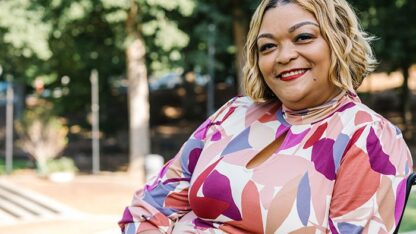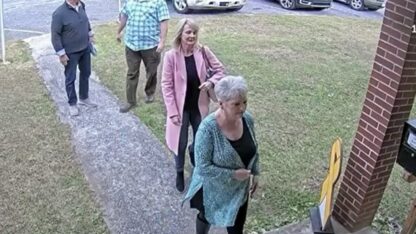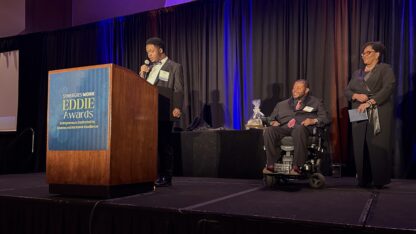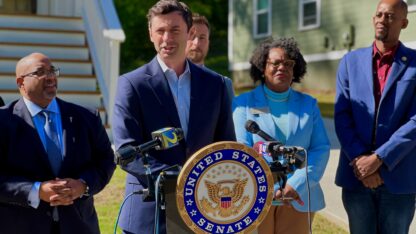Summer program at KSU created to expose Black male middle and high school students to careers in education
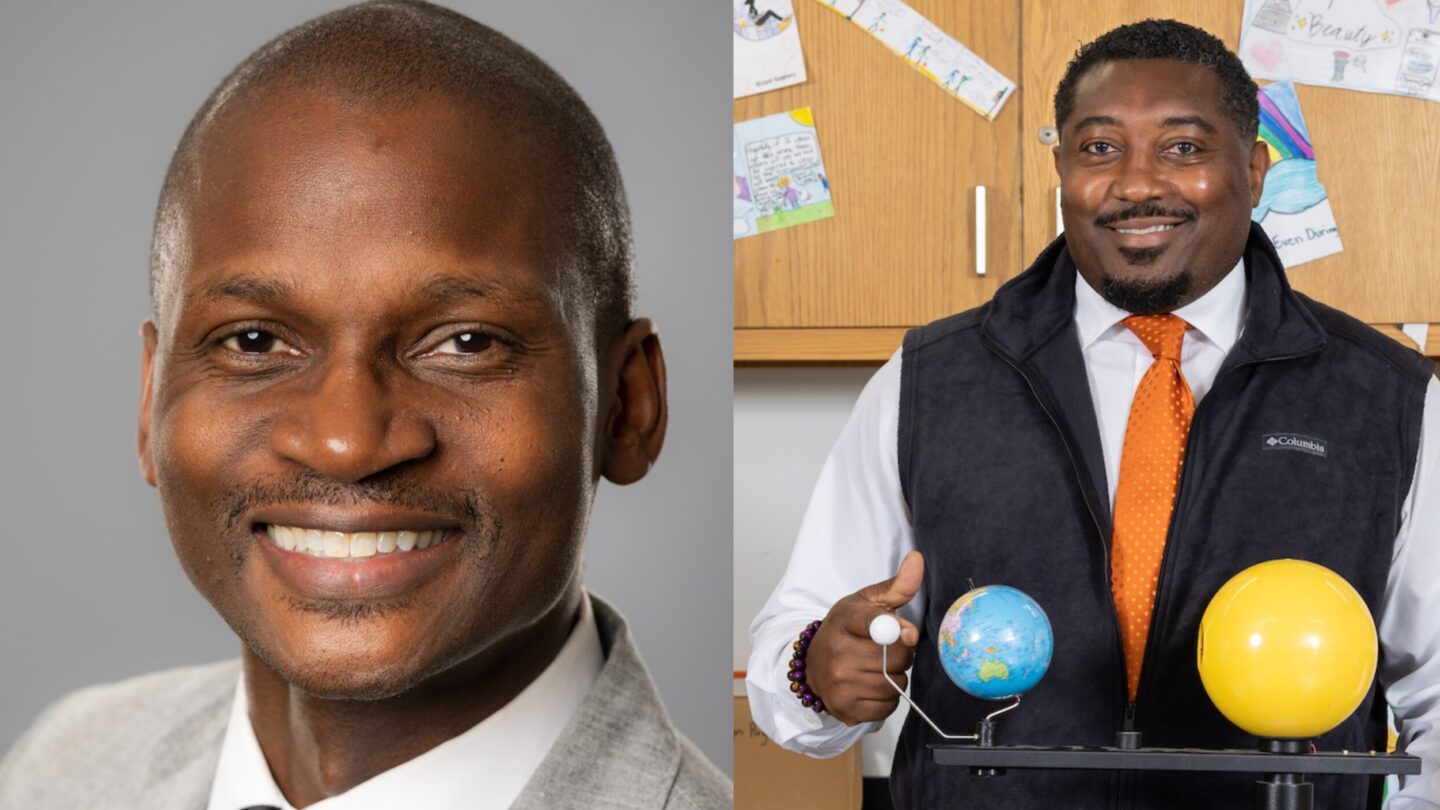
Educators Dr. Jabari Cain and Alexander Shannon know the power of representation and the dire need for it.
Both are Black male veteran teachers who are on a mission to recruit, mentor and empower the next generations of educators through the Call Me MISTER and Future MISTERs Academy programs at Kennesaw State.
Cain serves as an associate professor in the Bagwell College of Education and the director of the Call Me MISTER program at Kennesaw State. Shannon is a Tapp Middle School teacher and a community partner for KSU Call Me MISTER program.
On Wednesday’s edition “Closer Look,” they told program host Rose Scott that they can on recall having one Black male teacher over the entire course of their K-12 education.
According to the National Center for Educational Statistics, in the U.S., Black teachers make up 7% of all public school faculty. That number is even lower for Black men educators.
Black male teachers only make up only 2% of public teachers in the U.S.
“It’s definitely a statistic that we are definitely trying to improve upon, and I think that just one person can make a difference,” said Cain, who previously worked as a first-grade teacher for two years.
During the conversation, Cain and Shannon talked about the application process for this year’s upcoming Future MISTERs Academy. The three-day summer camp designed to expose students of color to the education field runs from June 7-9 on the campus of KSU.
“We just don’t want African American teachers; we want good African American teachers,” said Professor Cain.

